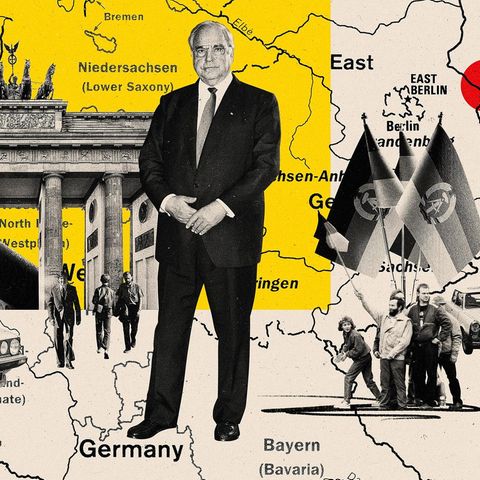Prime Minister election
Governing without a majority: The Saxon experiment begins
Copy the current link
Michael Kretschmer won the prime ministerial election in Dresden in the second round, despite a brazen AfD trick. But the real test comes first.
Tough negotiations took place for three and a half months and were broken off again. Prime Minister Michael Kretschmer and his CDU had been looking for a new parliamentary majority for three and a half months – and had not found it.
After the BSW left, he could only plan a minority coalition with the SPD. It only represents 51 of the 120 representatives, and that is ten too few.
But now, on this gray Wednesday afternoon in Dresden, the majority was suddenly there. 69 MPs re-elected Kretschmer as head of government.
This means that Saxony is spared a constitutional crisis or even a new parliamentary election. Instead, the Union can now begin the minority government experiment with the Social Democrats.
Michael Kretschmer failed in the first round of voting
Nevertheless, the election process shows how difficult it will be for Kretschmer. Because in the first round of voting he did not achieve the required absolute majority.
The Christian Democrat only got 55 votes. This was four more than the coalition has MPs. But there were still six votes missing.
Instead, the state parliament presented itself in all its disarray. The Greens, who had unsuccessfully advocated a no option in the election, had obviously invalidated their ballot papers. The AfD, in turn, voted for state leader Jörg Urban with all of its 40 MPs, while the individual MP Matthias Berger received at least six votes from the Free Voters. There were also some abstentions.
The AfD’s brazen trap
Then, in the second round of voting, the AfD tried to copy the deception that Björn Höcke had carried out almost five years ago in Thuringia with the involuntary help of FDP man Thomas Kemmerich: They did not vote for their own candidate, but for Berger. The Free Voters MP received 39 votes, while Urban only received a single vote.
This time the AfD had constructed the trap even more brazenly. As was once the case in Thuringia, she did not just use a non-party village mayor as a dummy candidate – but rather her own state and parliamentary group leader. Urban clearly calculated that he would not be capable of this self-humiliation.
But he was wrong. Since the Kemmerich election, the other parties in the AfD have been prepared for anything. Nobody underestimates the destructiveness of right-wing extremists anymore.
The very grand coalition against the AfD
This also explains why so many MPs rallied behind Kretschmer in the second round of voting – even though only a simple majority was now necessary. Beyond the CDU-SPD coalition, at least 18 members of the state parliament voted for the old and new prime minister. According to everything that can be reasonably assumed, they came at least partly from BSW and the left.
The other explanation for the large majority has nothing to do with the AfD, but can be found in Article 60 of the state constitution. It says that without a successful prime ministerial election, the state parliament would have been automatically dissolved by the beginning of February. In the subsequent election, members of the Left and Greens in particular would have had to fear for their mandates.
And so, just like a week ago in Thuringia, where CDU Prime Minister Mario Voigt came to office with the help of left-wing votes, a very large coalition against the AfD was briefly formed. But only for a moment.
The Saxon political experiment
Because now the Saxon political experiment really begins. Kretschmer cannot count on this majority again for all laws, such as the planned double budget.
Quite the opposite. The BSW has already announced that it does not want to support any cuts, even though more than four billion euros are missing from the budget. And the previous green coalition partner still feels deeply hurt by Kretschmer.
Yes, the so-called consultation process, with which the minority government wants to involve the opposition factions in the legislation at an early stage, could work. But there is not even a remote guarantee of this, especially since the CDU is notoriously tempted to form joint majorities with the AfD.
Kretschmer passed the first important test on Wednesday. He is stable again in office. But as he himself quite rightly said after his election: “There are strenuous years ahead of us.”
Source: Stern
I have been working in the news industry for over 6 years, first as a reporter and now as an editor. I have covered politics extensively, and my work has appeared in major newspapers and online news outlets around the world. In addition to my writing, I also contribute regularly to 24 Hours World.






